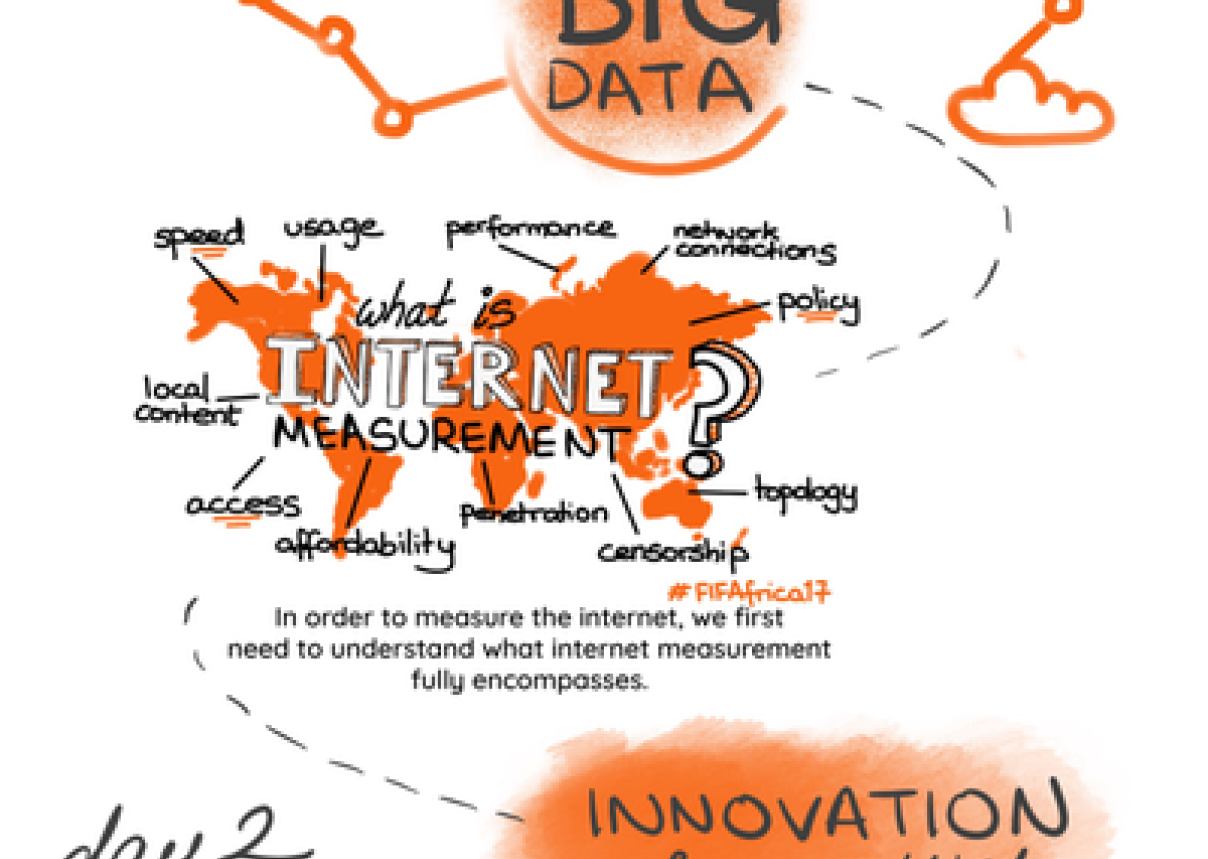
The Forum on Internet Freedom in Africa 2017 (FIFAfrica17) brought together human rights defenders, journalists, government officials, private sector players, global information intermediaries, bloggers, developers, the arts community, law enforcers and regulators – all of whom have a role to play in advancing internet freedom in Africa.
As an organisation that has been promoting some of the key principles of the African Declaration on Internet Rights and Freedoms, the Arid Lands Information Network (ALIN) was able to use the opportunity of participating in FIFAfrica17 to learn from others, and also to share its experiences in promoting internet access in Kenya.
Our involvement in the event
ALIN took part in an APC side event called “Connecting your rights! Using international and regional human rights mechanisms to protect human rights online”. The side event built ALIN’s skills and knowledge on the use of different types of human rights mechanisms that include the Universal Periodic Review; treaty bodies like the Human Rights Committee, the Committee on Economic, Social and Cultural Rights and the Committee on the Elimination of Discrimination against Women; and the African Commission on Human and Peoples’ Rights.
Other important sessions that ALIN participated in included:
-
Perspectives on universal free access to information
-
Exploring ethics, consent, data privacy and policy
-
Understanding SDGs and issues for media advocacy
-
Free Wi-Fi in Africa: Philanthropic technology or cynical marketing ploy?
-
How to increase UPR submissions on internet freedom
-
Launch of the State of Internet Freedom in Africa 2017 report
-
Advancing a gender-sensitive approach to ICT policy and decision making
-
Privacy and freedom of expression.
The sessions were of strategic interest to ALIN, as they helped the organisation to develop a deeper understanding of how existing human rights mechanisms apply to the internet. The sessions also helped ALIN to internalise the role that it can play in promoting access to information and ICTs as enablers for achieving the Sustainable Development Goals (SDGs) and promoting the African Declaration on Internet Rights and Freedoms.
Lessons learned
Due to our participation at this Forum, we learned the following lessons:
-
Gender disparities needs to be prioritised.
-
Internet shutdowns do not help victims, restore order or protect rights; instead they make things worse by slowing economic development.
-
Continuous engagement is key in ensuring progressive actions from governments that shut down the internet and social media.
-
Not every African enjoys the freedom to seek, receive and impart information and ideas of all kinds through the internet and digital technologies.
-
Collecting and sharing gender-disaggregated access and usage data would help to increase women-focused content.
We also derived both short- and long-term benefits from our participation.
Regarding short-term benefits, ALIN:
-
Learned how to be involved in the Universal Periodic Review.
-
Learned about the importance of having a gender-disaggregated access and usage data and how it could be actualised through it’s Maarifa (Knowlege) Centres.
-
Was able to meet with APC staff and keep lines of communication open.
As for long-term benefits, ALIN:
-
Created an opportunity to collaborate with small media on internet freedom and the Universal Periodic Review.
-
Learned what other ICT stakeholders in Kenya are doing and how it can collaborate with them.
Take-aways
FIFAfrica17 provided us with a deeper understanding of the African Declaration on Internet Rights and Freedoms. It enabled us to understand how the prevailing media environment affects public access to information and civic engagement, and opportunities that it can leverage on. It also sprouted in us the idea to build a Digital Learning Space using DSpace, backed by a digital repository that will contain a variety of information that is of interest to women, youth and communities in arid parts of Kenya. The repository would provide an infrastructure for preservation of digital content, lower the barriers to document distribution, and create a centralised digital showcase that would help to extend the range of knowledge sharing. We therefore call on interested partners to contact us at jnguo@alin.net
In conclusion, we can affirm that an initiative like FIFAfrica17 proved that when people come together to fight for a cause, then the likelihood of succeeding is high.
Bob Aston's participation in FIFAfrica17 was made possible with the support of a travel grant from the APC Member Exchange and Travel Fund (METF).